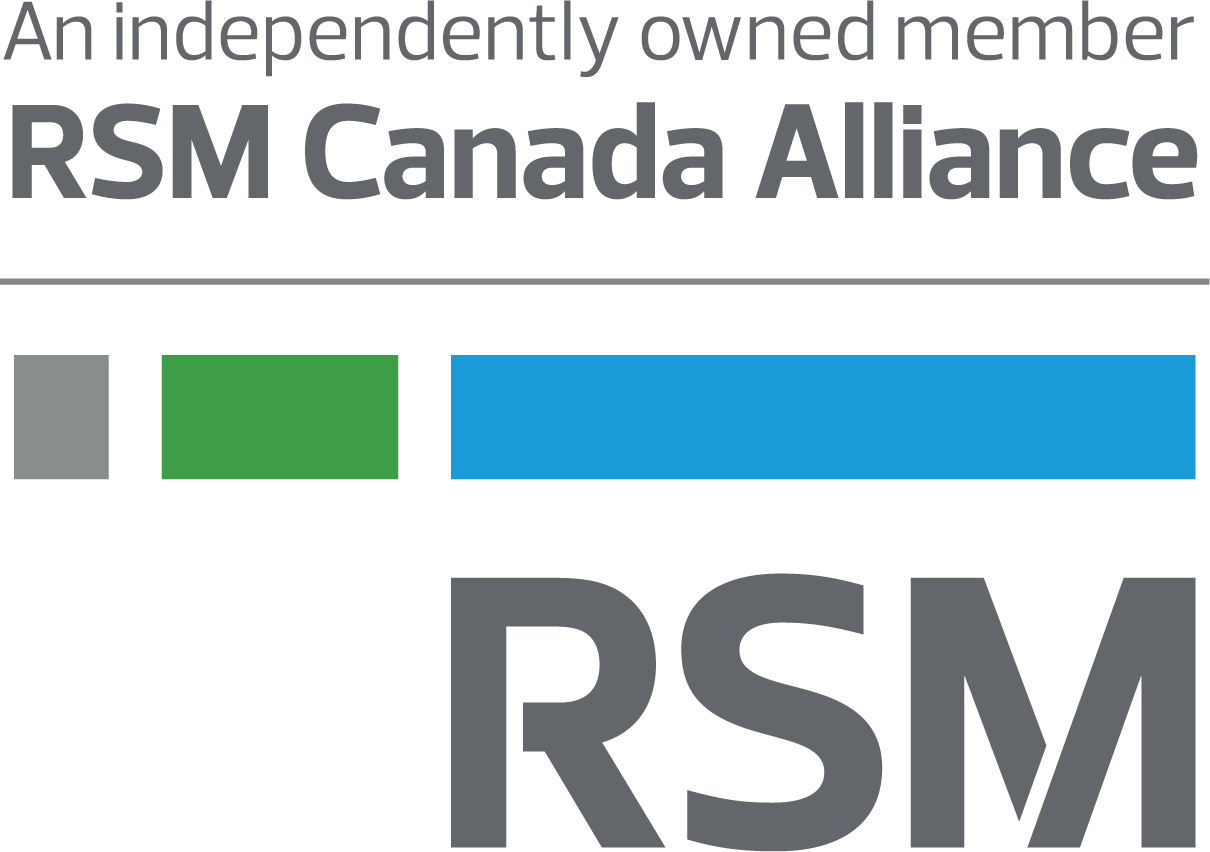ARTICLE | February 12, 2024
Authored by RSM Canada
Executive summary
Canada’s continued housing crisis has prompted the Federal government to introduce measures to disincentivize short-term rentals (STR) in order to free up units for long-term rentals. These proposed measures will deny expenses of short-term rentals which are non-compliant with local regulations. These new measures may result in increased rental income by the taxpayer, making the STR business model less appealing and viable.
Federal government denies expenses on short-term rentals
Canada’s continued housing crisis has prompted the Federal government to introduce measures to disincentivize short-term rentals in order to free up units for long-term rentals. The 2023 Federal Economic Statement (FES) stated that in just three major Canadian cities – Toronto, Montreal, and Vancouver – an estimated 18,900 homes were being used as STRs in 2020. This figure is likely an underestimation. For example, one study has estimated that more than half of Toronto’s STRs in 2023 were unregistered.
The Federal government has proposed new measures to deny expenses to STRs which are non-compliant with local regulations. These measures join other housing affordability measures including the Underused Housing Tax Act and First Home Savings Account.
What are STRs?
STR units are properties that are rented, partially or wholly, for a matter of days or weeks. Across Canada, an estimated 235,000 STRs were active in 2023. Legislation has already been passed at the provincial and municipal levels to curb the use of STRs by prohibiting these types of rentals in certain circumstances.
Current municipal and provincial rules
Various municipalities already have by-laws limiting the use of STRs. These include Toronto, Montreal, Ottawa and Calgary. British Columbia has passed similar legislation, which applies more stringently to areas with populations of 10,000 or more.
Most of these jurisdictions allow an operator to rent an STR only if it is their primary residence, thereby limiting the operator to just one STR property. There are also different limitations on the number of bedrooms that may be rented, the number of days for which the property can be rented, and the number of tenants per a rented room. The municipal and provincial rules also impose requirements for: licenses, permits or registration; insurance; and record-keeping and disclosure of rental details (such as the length of a rental and its price). Record and disclosure requirements are also imposed on STR rental platforms, such as Airbnb and VRBO.
Similar rules limiting STRs have been implemented in other jurisdictions including New York City (Local Law 18); Florence, Italy; and Byron Bay, Australia.
Proposed Federal tax legislation
In December 2023, the Department of Finance published proposed legislation which would deny income tax deductions for expenses incurred by certain STRs on or after Jan. 1, 2024.
These proposed rules apply to STRs which are non-compliant, meaning not permitted to operate due to applicable municipal or provincial regulation. The expenses denied are the expenses incurred during the year multiplied by the proportion of days of the STR’s operation during the year where it was non-compliant. For example, if the operator’s STR was non-compliant for one-quarter of the time the property was an STR, the CRA would deny one-quarter of the expenses that were claimed in respect of the use of that unit.
Impact on taxpayers
Generally, rental income is taxed on a net basis, due to the principle that taxes should apply to profits and not the cost of doing business. This makes expenses very attractive to operators of rental properties from a tax perspective, as their expenditures offset revenue and reduce their overall tax bill. However, under the new Federal legislation such offsetting is barred for non-compliant operators. Where an operator cannot deduct rental expenses, their taxable income will be higher, in some cases by tens of thousands of dollars, in turn resulting in higher taxes overall. Ideally, this would make the STR business model less appealing and viable to pursue.
An example of this is outlined in the FES: a fictional operator earns $120,000 of rental income annually from three STRs; to operate these STRs, they spend an estimated $120,000 per year. This operating cost includes mortgage interest, cable and internet bills, property insurance, condo fees, property taxes and capital cost allowance. Assuming this operator’s STRs were non-compliant year-round, the new legislation would bar them from deducting the entire operating expense of $120,000. The FES states this would mean an added cost of $33,100 in federal tax per year, which does not include the increased provincial tax burden.
Additionally, taxpayers that have long-term leases that legally become month-to-month leases should be aware of these changes as short-term rentals are defined as “a period of less than 90 days” in the proposed legislation and could result in the rental being classified as off-side.
Enforcement & efficacy
Enforcing the proposed legislation depends on identifying non-compliance under provincial and municipal regulation. Generally speaking, the provincial and municipal governments have similar STR compliance requirements. These include requirements that records of rental transactions be maintained by the STR operator or STR platform (or both), and that these be provided to the relevant government upon request. Some jurisdictions, such as Toronto and Calgary, have even produced registries of licensed STR units.
To enforce the regulations on STRs, some jurisdictions require a rental platform to remove an STR listing with an invalid registration. A variety of fines and penalties are in place for non-compliant operators. The City of Toronto has released data showing that it identified over 3,500 STR complaints between January 2021 and November 2023.
In spite of the various methods utilized by local governments to tackle the issue of non-compliant STRs, some commentators view the Federal legislation’s goals as easily thwarted. They note that crafty STR operators can simply attribute their non-compliant STR’s rental income to their primary residence, thereby skirting local rules. It is unclear how the Federal government could mitigate such a tactic.
The Federal legislation may still be ineffective because ensuring the expenses are properly denied requires obtaining information from local enforcement units. Where local enforcement is lacking, the Federal legislation becomes effectively inoperative. Despite its commitment to providing funding to assist municipalities in their STR enforcement, the Federal government lacks direct oversight over municipal and provincial enforcement operations.
Furthermore, the success of the expense denial measure in decreasing the number of STRs will depend on the strictness of the rules set by provinces and municipalities. As jurisdictions have not instituted identical rules, some are more tolerant of STRs than others. For example, unlike most jurisdictions, Montreal’s STR rules do not require the unit to be an operator’s primary residence. Due to a lack of uniformity, it is the strictness of each local government’s compliance scheme that will determine how much disincentive STR operators face.
Takeaway
In an effort to alleviate the housing crisis in Canada, the Federal government has effectively imposed a tax on non-compliant short-term rental units. This new measure increases the impact of pre-existing municipal and provincial regulations governing STRs. The Federal legislation’s effectiveness will be determined by how strict local regulations are and how diligently are enforced by local authorities. As a result of the new Federal rules, operators of STRs must familiarize themselves with municipal and provincial rules to avoid a substantial increase in their tax bill.
Let’s Talk!
Call us at 1-888-258-7677 or fill out the form below and we’ll contact you to discuss your specific situation.
This article was written by Clara Pham, Farryn Cohn, Jim Niazi and originally appeared on 2024-01-26 RSM Canada, and is available online at https://rsmcanada.com/insights/services/business-tax-insights/federal-government-denies-expenses-short-term-rentals.html.
The information contained herein is general in nature and based on authorities that are subject to change. RSM Canada guarantees neither the accuracy nor completeness of any information and is not responsible for any errors or omissions, or for results obtained by others as a result of reliance upon such information. RSM Canada assumes no obligation to inform the reader of any changes in tax laws or other factors that could affect information contained herein. This publication does not, and is not intended to, provide legal, tax or accounting advice, and readers should consult their tax advisors concerning the application of tax laws to their particular situations. This analysis is not tax advice and is not intended or written to be used, and cannot be used, for purposes of avoiding tax penalties that may be imposed on any taxpayer.
RSM Canada Alliance provides its members with access to resources of RSM Canada Operations ULC, RSM Canada LLP and certain of their affiliates (“RSM Canada”). RSM Canada Alliance member firms are separate and independent businesses and legal entities that are responsible for their own acts and omissions, and each are separate and independent from RSM Canada. RSM Canada LLP is the Canadian member firm of RSM International, a global network of independent audit, tax and consulting firms. Members of RSM Canada Alliance have access to RSM International resources through RSM Canada but are not member firms of RSM International. Visit rsmcanada.com/aboutus for more information regarding RSM Canada and RSM International. The RSM trademark is used under license by RSM Canada. RSM Canada Alliance products and services are proprietary to RSM Canada.
 |
Virtus Group is a proud member of the RSM Canada Alliance, a premier affiliation of independent accounting and consulting firms across North America. RSM Canada Alliance provides our firm with access to resources of RSM, the leading provider of audit, tax and consulting services focused on the middle market. RSM Canada LLP is a licensed CPA firm and the Canadian member of RSM International, a global network of independent audit, tax and consulting firms with more than 43,000 people in over 120 countries. Our membership in RSM Canada Alliance has elevated our capabilities in the marketplace, helping to differentiate our firm from the competition while allowing us to maintain our independence and entrepreneurial culture. We have access to a valuable peer network of like-sized firms as well as a broad range of tools, expertise, and technical resources. For more information on how the Virtus Group can assist you, please call us at 1-888-258-7677. |

